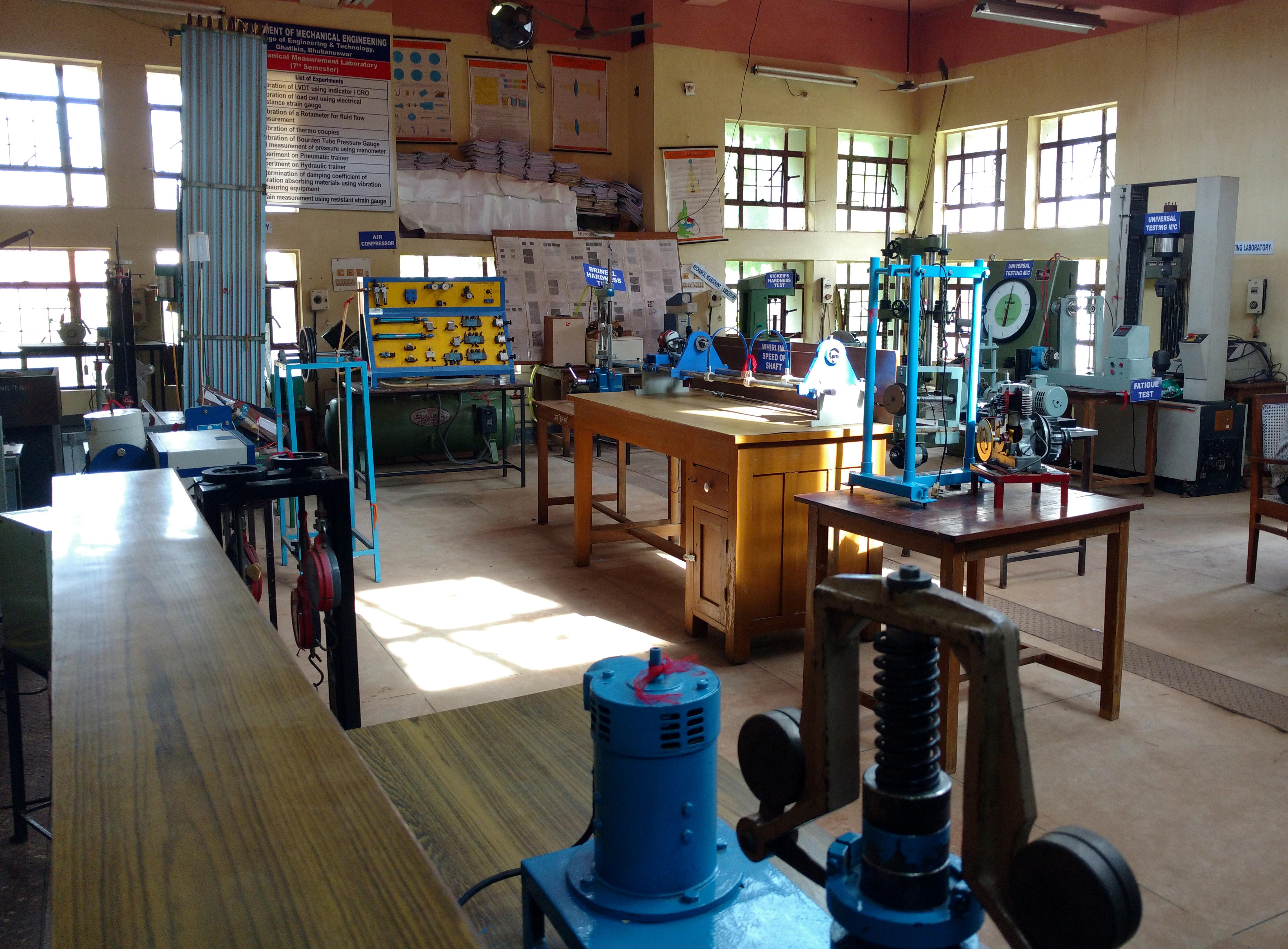Mechanical engineering is a field of engineering that deals with the design, development and testing of mechanical and thermal devices. It is a challenging and demanding field that requires a strong aptitude for mathematics, physics and problem-solving. In this article, we will explore the question of whether mechanical engineering is hard.
One of the reasons why mechanical engineering is considered to be a hard field is the heavy reliance on mathematical concepts and equations. Mechanical engineers are required to have a strong foundation in algebra, geometry, calculus, statistics and differential equations. They must be able to apply these mathematical concepts to solve complex problems in areas such as mechanics, thermodynamics, materials science and fluid dynamics.
In addition to the heavy mathematical component, mechanical engineering also requires a strong knowledge of physics. Mechanical engineers must have a deep understanding of the physical laws that govern the behavior of systems and materials. They must be able to apply these laws to design and analyze mechanical devices, such as engines, turbines, and robots.
Another reason why mechanical engineering is considered to be a hard field is the workload. According to the Bureau of Labor Statistics, more than one-third of mechanical engineers work over 40 hours a week. This is because mechanical engineers are always busy designing, developing and testing new products. They must be able to work under pressure and meet strict deadlines in order to deliver high-quality products to ther clients or customers.
Furthermore, mechanical engineers are often required to work in challenging and complex environments. They may work in laboratories, factories, or construction sites, where they must deal with hazardous materials, heavy machinery, and noisy environments. They must be able to work in teams, communicate effectively with colleagues and clients, and be flexible and adaptable in their work approach.
Mechanical engineering is a hard field that requires a strong aptitude for mathematics, physics and problem-solving. It also requires a strong work ethic and the ability to work under pressure and in challenging environments. However, for those who are willing to put in the effort and dedication, a career in mechanical engineering can be rewarding and fulfilling.
Which Engineering Is Hardest?
When it comes to determining the hardest engineering major, it is important to note that this can vary depending on the individual student’s strengths and weaknesses. However, based on data collected from students at various universities, chemical engineering and aero/astronautical engineering are often considered to be among the hardest engineering majors due to their demanding coursework and intensive study requirements. These majors typically involve complex mathematical and scientific concepts, as well as extensive lab work and research projects.
In addition to these majors, electrical engineering and mechanical engineering are also known for being challenging, though pehaps not to the same extent as chemical and aero/astronautical engineering. Students in these majors must have a strong understanding of physics and mathematics, as well as the ability to apply these concepts to real-world problems.
On the other hand, some engineering majors are often considered to be easier or less demanding than others. Industrial engineering, for example, typically involves less rigorous coursework and fewer lab requirements than some of the other engineering majors. Similarly, computer engineering and technology may be less demanding in terms of math and science requirements, though it still requires a strong technical aptitude and the ability to problem-solve effectively.
While it is difficult to definitively say which engineering major is the hardest, chemical engineering and aero/astronautical engineering are often considered to be among the most challenging due to their rigorous coursework and demanding study requirements.

What Is The Easiest Engineer?
When it comes to determining the easiest engineering major, it is important to note that each discipline has its own set of challenges and requirements. However, based on general consensus and academic research, Environmental Engineering, Industrial Engineering, and Architectural Engineering are often considered to be among the easiest engineering majors.
Environmental Engineering is focused on developing machines and structures that will have minimal harm on the environment. This major often involves a mix of biology, chemistry, and civil engineering courses, which can be seen as less demanding than some of the more math-heavy engineering majors.
Industrial Engineering is another major that is often considered to be relatively easy. It deals with optimizing complex systems, including improving efficiency and productivity in manufacturing and business processes. This major may require less math and science coursework than oher engineering disciplines.
Architectural Engineering is often seen as an easy engineering major due to its focus on designing and planning buildings. This major may require less math and physics coursework than other disciplines, and may be more focused on design and creative problem-solving.
It is important to note, however, that each engineering major will have its own unique challenges and requirements. Ultimately, the perceived difficulty of a major will depend on an individual’s strengths, interests, and academic background.
Is Mechanical Engineering Stressful?
Mechanical engineering is generally considered to be a stressful job due to the nature of the work involved. Mechanical engineers are responsible for designing, developing, and testing mechanical and thermal devices, which can be a demanding and time-consuming task. According to data from the Bureau of Labor Statistics, more than one-third of mechanical engineers work over 40 hours a week, which can contribute to the overall stress of the job.
In addition to the long hours, mechanical engineers may also face pressure to meet tight deadlines, manage complex projects, and deal with unexpected problems or setbacks. This can lead to high levels of stress and a need to constantly prioritize tasks and manage time effectively.
Despite the challenges, many mechanical engineers find the work rewarding and enjoy the satisfaction of seeing their designs come to life. It is important for individuals considering a career in mechanical engineering to be aware of the potential stressors involved and to develop strategies for managing stress and maintaining work-life balance.
Is Mechanical Engineering Has A Lot Of Math?
Mechanical engineering, as a field, involves a significant amount of mathematics. The physical laws that govern mechanical systems are typically expressed as mathematical equations, and mechanical engineers use these equations to design and analyze mechanical systems. As such, proficiency in algebra, geometry, calculus, statistics, and differential equations is essential for success in the field of mechanical engineering. It is important to note that while some engineers may use more math in their work than others, a strong foundation in mathematics is generally required for anyone pursuing a career in mechanical engineering.

Conclusion
Mechanical engineering is undoubtedly a challenging field of study and profession. It requires a strong foundation in mathematics and physics, as well as an ability to think critically and creatively. The workload can be demanding, often requiring long hours and intense focus on designing and testing complex mechanical and thermal devices. However, with dedication and perseverance, mechanical engineering can also be an incredibly rewarding career path, offering opportunities to solve real-world problems and make a tangible impact on society. In short, wile mechanical engineering may be difficult, it is also a field filled with potential for those willing to put in the effort.
